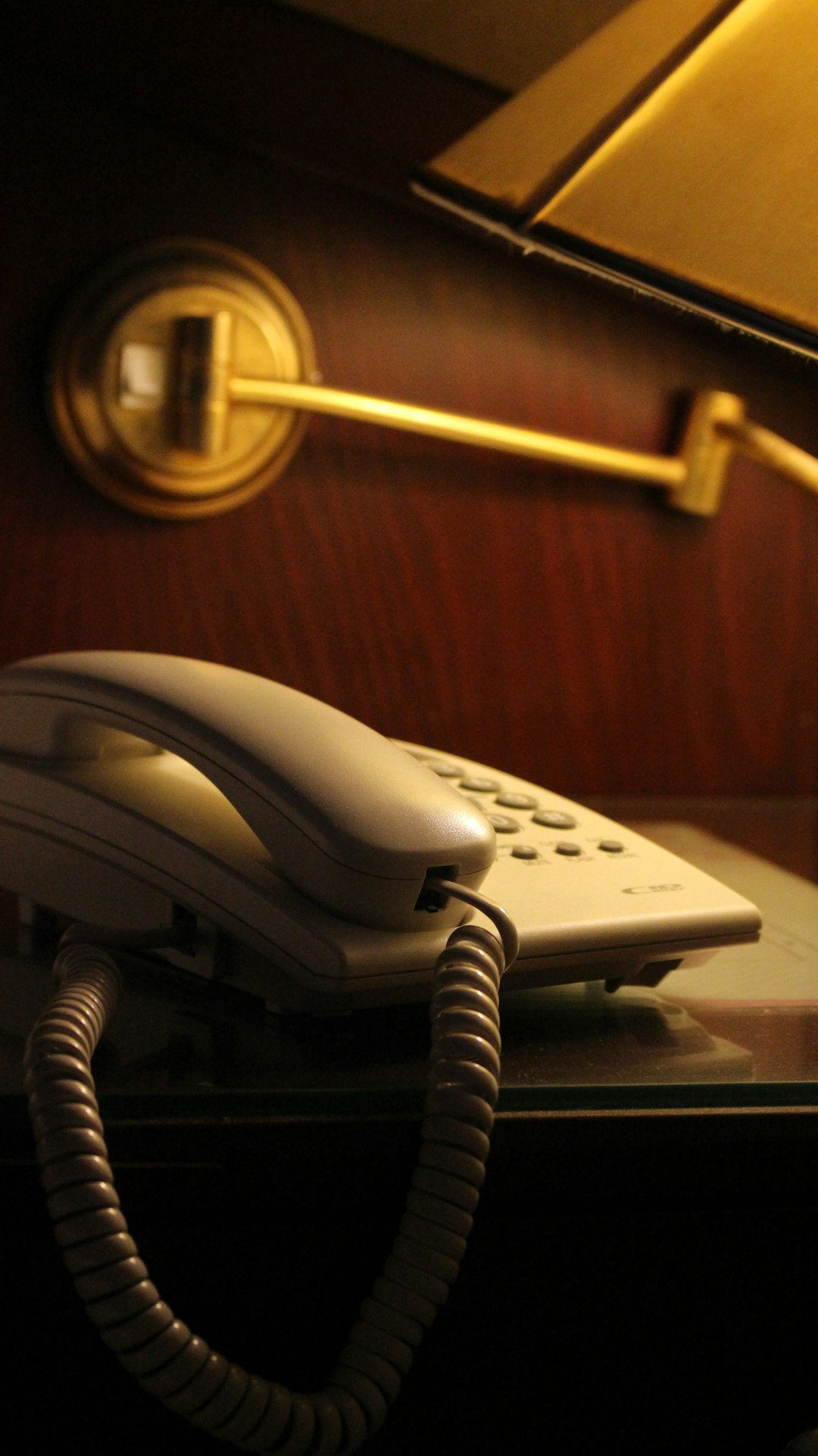Kansas residents have legal protection against robocalls through the Telephone Consumer Protection Act (TCPA). Free blocking apps help combat spam calls, while paid apps like TrueCall and NoCall offer advanced features. Consumers can file complaints with the FCC and seek damages for illegal robocalls, with potential compensation per violation. Consulting robocall lawyers Kansas is crucial to understand rights and legal action options under Kansas law.
In the digital age, robocalls have become a pervasive nuisance. While some are legitimate, many are scams designed to manipulate or mislead. This guide explores the ins and outs of robocalls in Kansas, focusing on both free and paid blocking apps. We dissect the advantages of each option, from enhancing privacy to safeguarding against legal repercussions. Furthermore, we delve into consumer rights and provide insights on seeking recourse through robocall lawyers in Kansas.
Understanding Robocalls and Kansas Laws

Robocalls, automated phone calls or texts from an unknown number, have become a common nuisance in today’s digital era. While some are promotional messages from legitimate businesses, others can be fraudulent attempts to deceive and steal personal information. In Kansas, robocall laws aim to protect residents from these unwanted and often harmful calls.
Kansas laws regulate the use of automated calling systems, including robocalls, through the Telephone Consumer Protection Act (TCPA). These laws restrict businesses and organizations from making automated calls without prior express consent from the caller. If you are experiencing a high volume of robocalls or suspect fraudulent activity, consulting with robocall lawyers Kansas can help you understand your rights and take legal action if necessary.
Advantages of Free Robocall Blocking Apps

Many free robocall blocking apps offer a simple and accessible way for Kansas residents to protect themselves from unwanted phone calls, especially from persistent robocallers who often target legal professionals. These apps typically provide an easy-to-use interface where users can block or report spam calls directly from their smartphones. No installation of additional software is required, making them convenient and readily available.
Free options also allow users to access basic call filtering features, such as identifying and blocking known robocallers, without incurring any cost. This accessibility empowers Kansas residents to take control of their communication, ensuring they can manage their phone calls more effectively, especially when dealing with repetitive or aggressive robocalls from law firms or legal collections agencies.
Top Paid Alternatives for Robust Protection

When it comes to top-tier protection against robocalls, paid apps have an edge in terms of advanced features and continuous updates. In Kansas, where robocall laws are stringent, users benefit from a range of robust alternatives. For instance, apps like TrueCall and NoCall offer not just blocking but also identity verification and call screening capabilities. These tools, accessible to Kansas residents, provide an extra layer of defense against unwanted calls, especially those masquerading as legal robocalls from lawyers or collection agencies.
With a subscription model, these paid apps ensure users stay ahead of evolving scamming tactics. They utilize machine learning algorithms to recognize and block fraudulent calls, giving peace of mind in the battle against persistent robocallers. Moreover, many offer custom blocking lists, allowing users to take control and prevent specific numbers from contacting them, including those from robocall Lawyers Kansas.
Consumer Rights and Legal Recourse

In Kansas, consumers have certain rights when it comes to unwanted robocalls. The Telephone Consumer Protection Act (TCPA) provides stringent regulations to curb excessive robocalling. If you’ve received prerecorded or automated calls in violation of these laws, you may be entitled to legal recourse. A robocall lawyer in Kansas can guide you on how to file a complaint with the Federal Communications Commission (FCC) and pursue damages if necessary.
These laws allow for monetary compensation for each violation, which can add up significantly, especially if multiple calls are made without consent. Consumers who feel their privacy has been invaded or have suffered financial loss due to robocalls can take action. Consulting with a legal professional specializing in robocall cases is crucial to understanding your rights and options under Kansas law and the TCPA.






